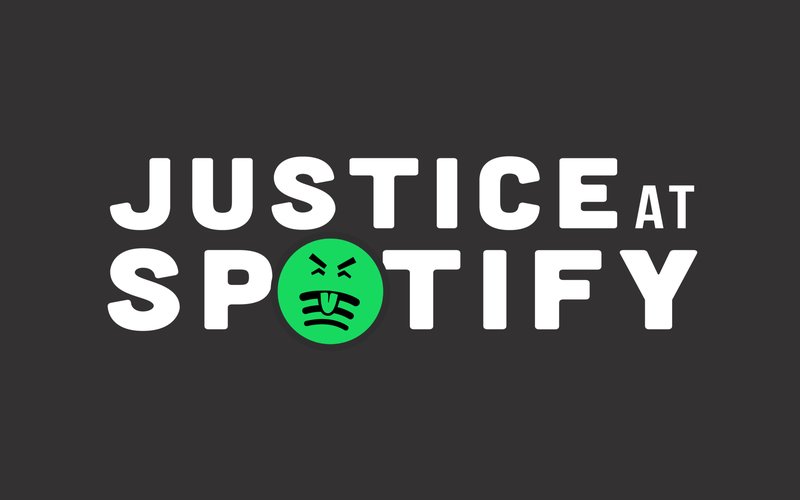
The struggle for independent musicians to make money on music streaming may have just gotten harder, thanks to a new Spotify scheme that some are calling payola.
Listeners who were around in the golden age of radio, or those who are well versed in the history of the medium, might be familiar with the practice, where record labels paid radio stations to play their singles more often. That form of payola is now illegal. But today, a group of concerned musicians are accusing the streaming giant Spotify of engaging in a new form of payola or pay to play.
The news broke last week when Spotify announced it would amplify specific artists or songs in its radio and autoplay formats if labels or rights holders agree to be paid a quote “promotional recording royalty rate,” which is reported to be below the company’s standard payout.
So basically, if you want your music to be discovered more on Spotify, Spotify will pay you less for the streams they are helping promote. This announcement came a week after more than 18-thousand independent artists in the Union of Musicians and Allied Workers presented a new campaign demanding that Spotify pay at least one cent per stream, rather than .003 to .005 cent a stream. Their campaign is called Justice At Spotify.
Cody Fitzgerald with the Union of Musicians and Allied Workers says the Spotify announcement came just as his group was demanding more pay for streams, not less.
Fitzgerald said there was already a growing frustration among musicians about unfair payment for streams at Spotify, and this new scheme did not sit well with many.
In a time when touring and live performances have been halted by the pandemic, along with the associated lifeline of direct merch sales, many independent artists are finding it harder than ever to make ends meet. So getting better compensation for streaming royalties is vital, Fitzgerald said. He added that Spotify pays artists significantly worse than competing streaming services.
The main goal of the Justice at Spotify campaign is to get the company to pay artists 1 cent per stream, as it can take well over 250 streams for an artist to get a dollar in royalties on average (some sources say artists can expect an average of $3 in royalties per 1,000 streams). The campaign lists more than just better compensation for artists among its demands, Fitzgerald said.
Spotify has not yet responded to the demands of the Union of Musicians and Allied Workers, nor did they respond to requests for comment on this story. But Fitzgerald says the more people who get involved in the Justice At Spotify campaign, the more likely it is that the company will have to respond in some way.
To learn more about the Union of Musicians and Allied Workers’ campaign, visit www.unionofmusicians.org. To hear Emily Fox’s full interview with Cody Fitzgerald, tune in to KEXP’s Sound & Vision.
Last week KEXP DJs, like most of us, were feeling the enormous tension of a divided nation and a historically important election. And, naturally, they turned to music to help them get through the rollercoaster as polls closed and votes were being counted.
KEXP spoke with bassist Russell Hall and tap dancer Michela Marino Lerman about the campaign, its origins, and how music can bring people together to (hopefully) change the world.
It’s that time of year again, when the front yard of your neighbor’s house looks like the artwork of a heavy metal album. KEXP digs into the devilish overtones of the genre and how it came under the microscope during the "Satanic Panic."